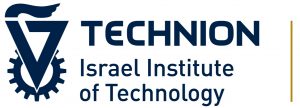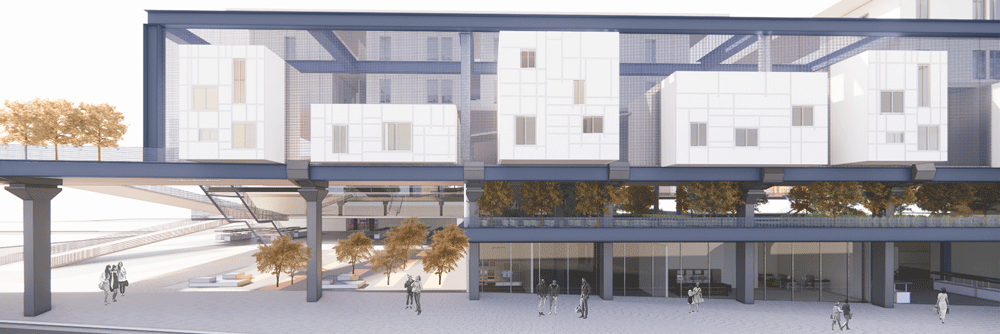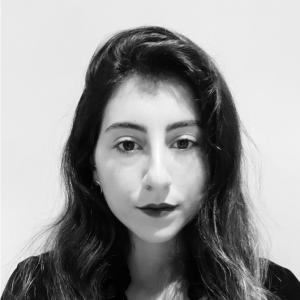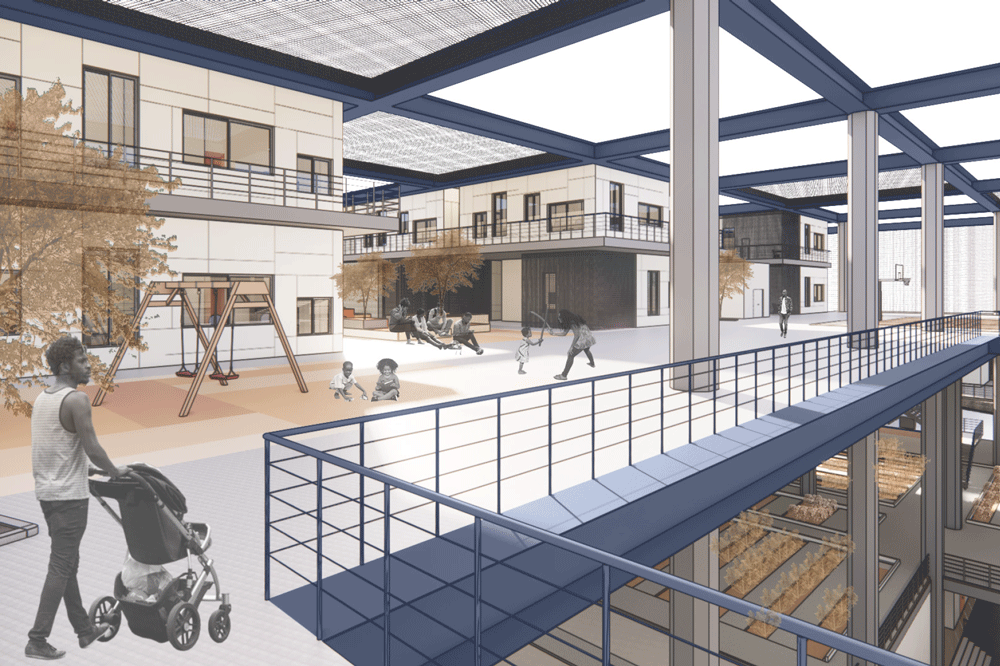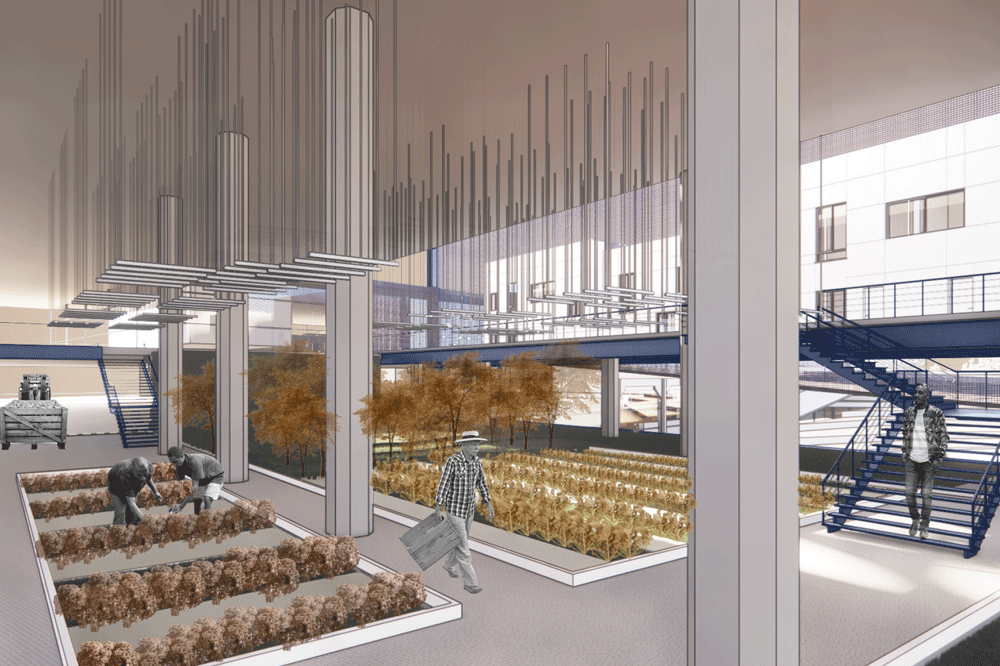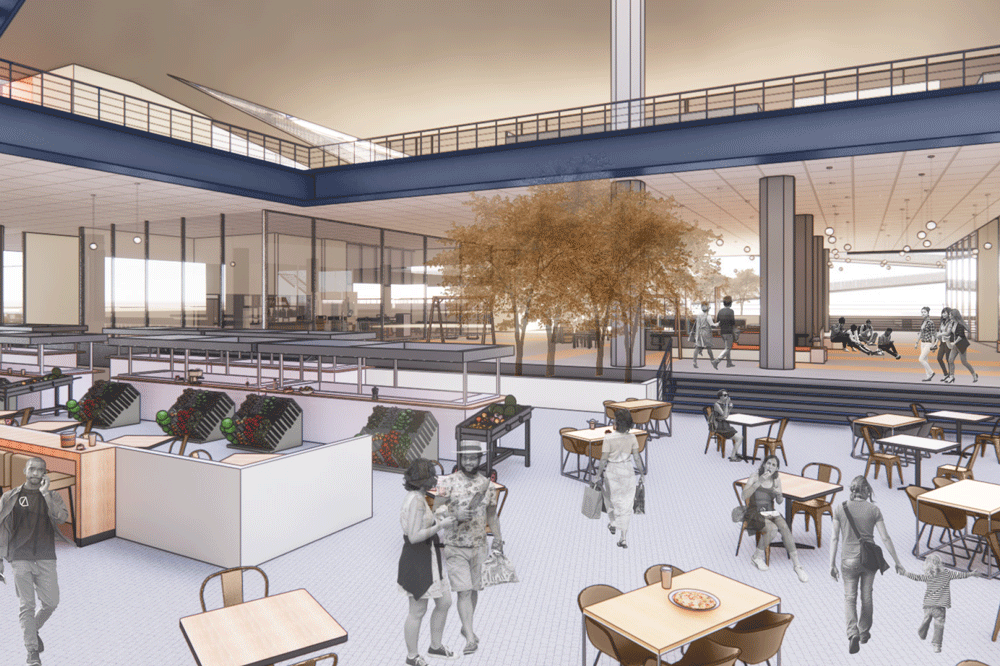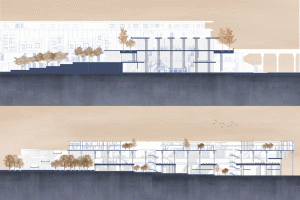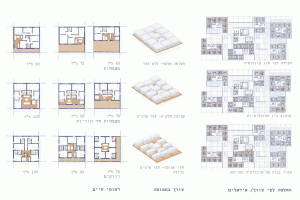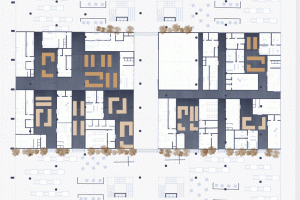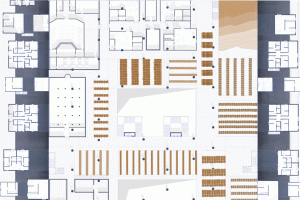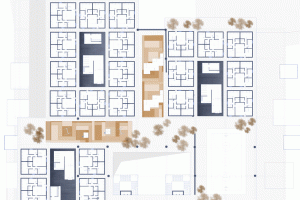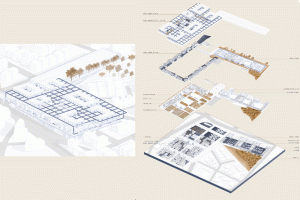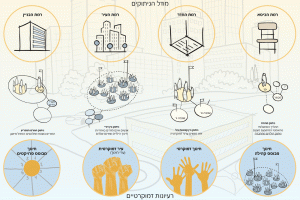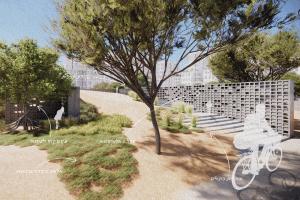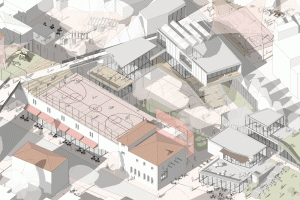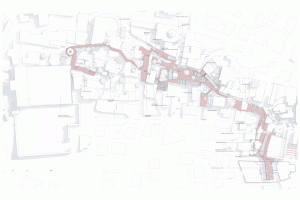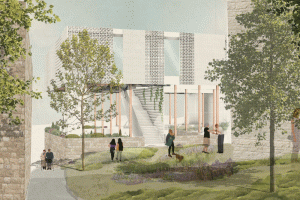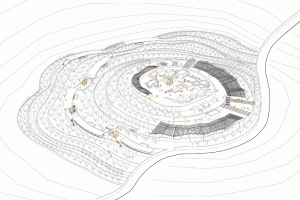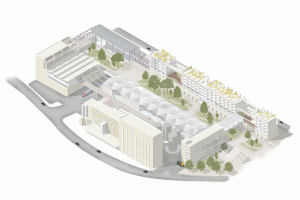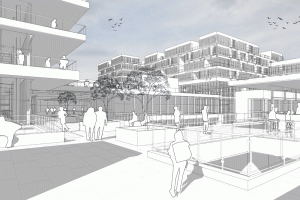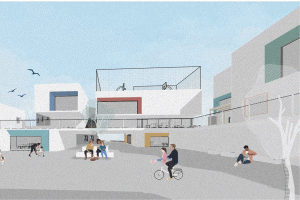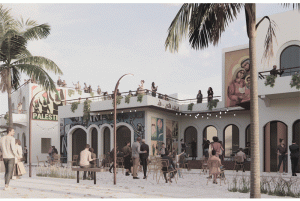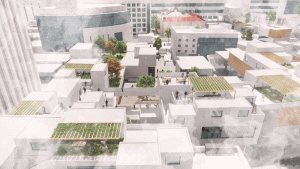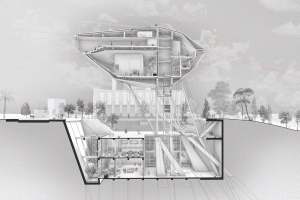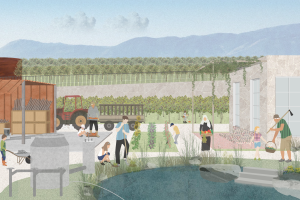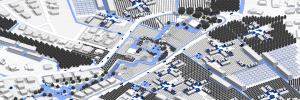Asylum City
The “Asylum City” project focuses on the situation of asylum seekers in Neve Shanan, Tel Aviv. These individuals fled their home countries due to genuine fear for their lives and the inability of their governments to protect them. After enduring torture, persecution, and imprisonment, they arrived in Israel seeking a better future. While asylum seekers can apply for refugee status in Israel, which theoretically grants them rights, only 13 out of 15,000 applications have been approved. As a result, many asylum seekers remain without rights for decades, lacking access to welfare, healthcare, pensions, and state education while facing racial segregation. Their employment opportunities are limited, and they live in overcrowded housing, which places additional strain on the already fragile infrastructure of Neve Shanan, further worsening conditions for all its residents.
The project proposes solutions to these challenges, using Neve Shanan as a case study to develop a support network for these temporary populations. It repurposes the “new central station” in the neighborhood, recognizing its potential as essential urban infrastructure. Currently, the central station serves as a cultural and social hub for asylum seekers, and they will soon be relocated from buses. The project highlights the need to revitalize this structure to avoid additional construction and prevent further stress on the neighborhood’s infrastructure.
The project draws on the concept of the “right to the city,” a term coined by philosopher Henri Lefebvre, which encompasses a set of rights related to urban space. Asylum seekers are currently excluded from the city’s life, with no active participation. The “right to the city” includes access to education, employment, healthcare, housing, and the acceptance of diversity—rights that do not necessarily depend on formal citizenship. Recognizing that asylum seekers may not receive these rights from the Israeli government and understanding that the city, rather than the state, is the relevant scale for discussions of belonging, the project proposes an alternative form of urban citizenship in Tel Aviv. It envisions the central station as a “city of refuge” where the local government provides asylum seekers with rights denied by the state, regardless of their legal status. This refuge would meet their basic needs, including housing, education, places of worship, employment, and training. The plan emphasizes agricultural production, offering job security and promoting integration into the labor market. These measures aim to equip asylum seekers with tools for communal independence, allowing them to live, work, and face challenges together.
